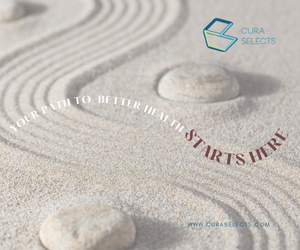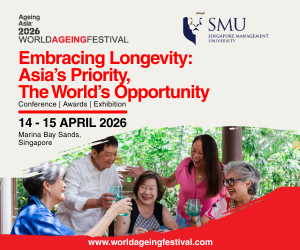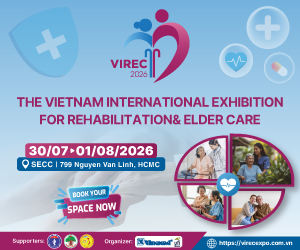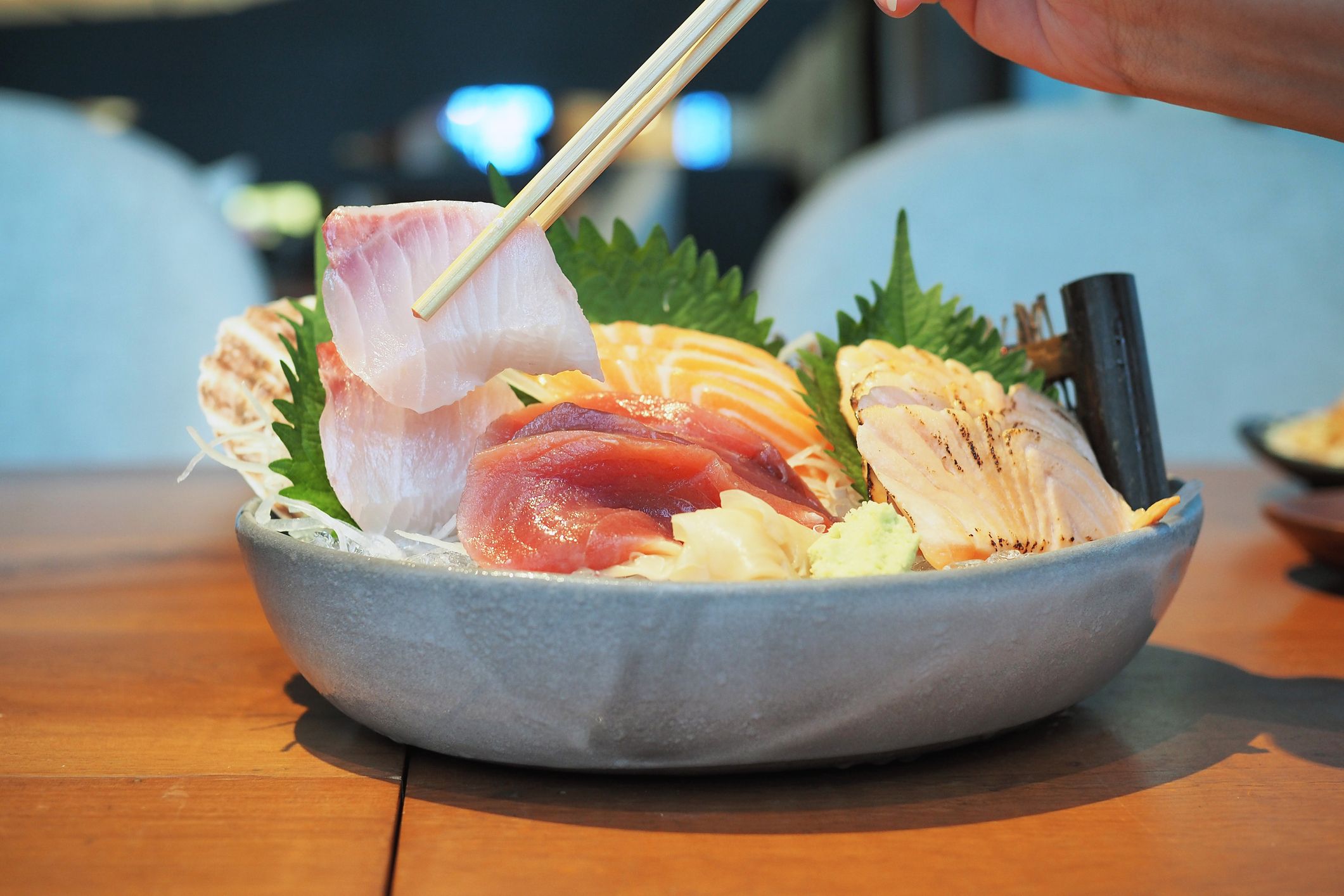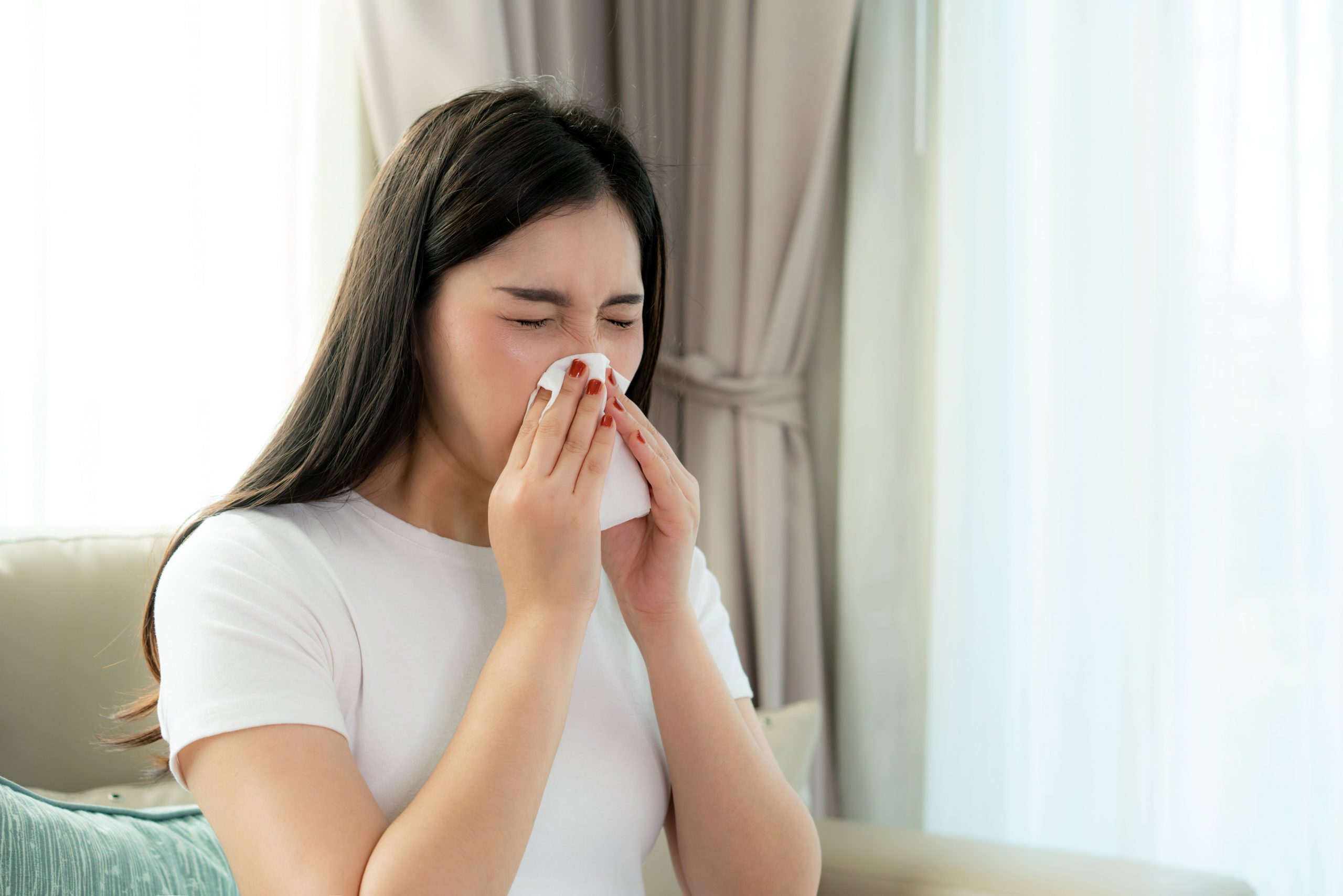Introduced by a team of demographic researchers in 2004 by Gianni Pes and Michel Poulain et al., a Blue Zone essentially refers to a region where its local population experiences exceptionally high longevity.
Follow us on WhatsApp for the latest updates: https://bit.ly/AsiaMDWhatsAppEN
Stress inevitably forms part of life. With rapid technological advancements as well as economic pressures and strong social competition, the nature of stress has changed dramatically. As we experience different types and intensities of stressors in our daily lives, studies have shown that prolonged exposure to stress can increase inflammation in our body.
Health Lessons from the Six Blue Zones
Currently, the Blue Zones are identified in Okinawa Prefecture, Japan; Nuoro Province, Sardinia, Italy; the Nicoya Peninsula, Costa Rica; Icaria, Greece; and Loma Linda, California, United States and most recently, Singapore via National Geographic Explorer Dan Buettner’s latest book: The Complete Blue Zones: Lessons From the Healthiest Places on Earth.
Busting Stress The Blue Zone Way
Chronic stress can cause both psychological and physical disorders, and these include physical diseases such as hypertension, heart disease, obesity and metabolic syndrome and more. It can also trigger mood disorders as well as alcohol or substance abuse or internet, food or gambling addictions.
However, residents in the blue zones have devised, or rather, incorporated successful approaches to mitigate stress. For instance, folks in Okinawa have 1/5 the rate of cardiovascular disease (compared to Americans).
In this article, we’ll explore the various stress busters our Blue Zone residents are engaged in – perhaps there are insights to glean from what they do. Let’s find out:
- Form Social Support Groups
Forming social support groups can be a good strategy for mitigating stress in various ways. Some of the benefits include providing emotional support via validation and empathy for friends going through distressing life events, a sense of belonging in a like-minded community, and being part of a group also provides moral encouragement and the sharing of resources when times are tough.














